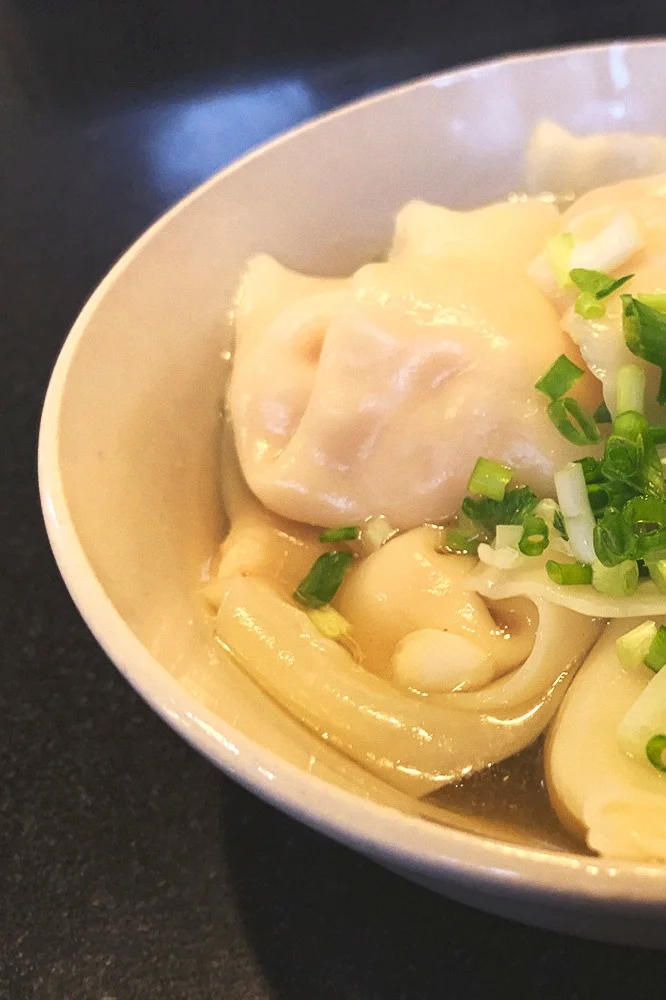Learn how to cook Chinese
I love food, I love losing myself in the unexplored flavours of the places I visit. I love eating Chinese cuisine in China, where everything has another taste, nothing to do with what most European Chinese restaurants serve. I love vegetables cooked in a thousand ways, pan-fried with meat, spicy to water or fresh and crispy. I love ravioli of all kinds, be they meat, vegetable or fish, grilled or steamed, in broth or stuffed with broth. And I love to eat as much as to cook, so I could not miss the opportunity of a trip alone to China to try to steal the secrets of one of my favorite ethnic cuisines.
Every big city offers the opportunity to participate in cooking classes, short or longer, and a whole trip would not be enough to try to cook all the specialties that Chinese cuisine, and the different cooking classes, offer. In Beijing, I spent an afternoon on a cooking class, particularly oriented towards the preparation of three specialties: spring rolls, Wonton soup and Lo mai gai, or more explicitly steamed sticky rice with chicken wrapped in lotus leaves.
There are dozens of schools that offer this type of courses. After a long search I chose The Hutong, based on the dates available, the menus offered and the excellent reviews. This school is located in the heart of the historic Hutongs of Beijing, the neighbourhoods that surrounded the Forbidden City, where the emperor lived with his family, and where the common people lived, instead, in characteristic courtyard houses that form a labyrinth within each block. The place where the lessons are held is exactly inside one of these charming courtyard houses.
That day we were only 3, which made it very easy to follow and participate in the moments of the lesson, and interact with the instructor, obviously Chinese and with an excellent (and unusual) mastery of English. Each with her own apron, each with her own chopping board, and each with her own personal Chinese knife, a sort of very heavy cleaver, with which you perform, in China, every operation in the kitchen.
First part of the class, learn how to use the knife. Unlike normal knives, even the largest, to which we are accustomed, in fact, this knife is very heavy and difficult to handle, and the instructor teaches to use its weight and force of gravity to slice and chop all the vegetables that will serve for the preparations.
Part two, pan the mix of vegetables in a giant wok, learn how to dose the condiments, prepare the chicken and cook it. We assembled the rolls, used the wok to fry, learned to close the wontons, after preparing and seasoning the accompanying broth, and finally we assembled the rice and chicken wrapped in giant lotus leaves, to cook it slowly on a multi-storey steamer.
The lesson ends, of course, tasting everything we have cooked. We talked about Chinese culture, the difference between the various regional cuisines, our eating habits. The lesson was very pleasant and is certainly recommended; prints are provided with the recipes that have been prepared and you can also buy books or cards of new recipes.
HOW TO GET THERE
Beixinqiao Metro, Exit C
GOOD TO KNOW
It's very easy to book online and there's no need to pay in advance. You can cancel up to 48 hours earlier free of charge.
COST
300 RMB per lesson
SMART TIP
I recommend booking the lesson so you end up behind the lunch or dinner. The food prepared is delicious and very abundant, and can easily replace a meal of the day in a restaurant.
This content is NOT SPONSORED, but based on my genuine personal experience. Spontaneous opinions, positive and negative, shareable or not, that I hope will help to live better travel experiences. My advice is a guide to lead you through world explorations, but the real journey, you build it!










